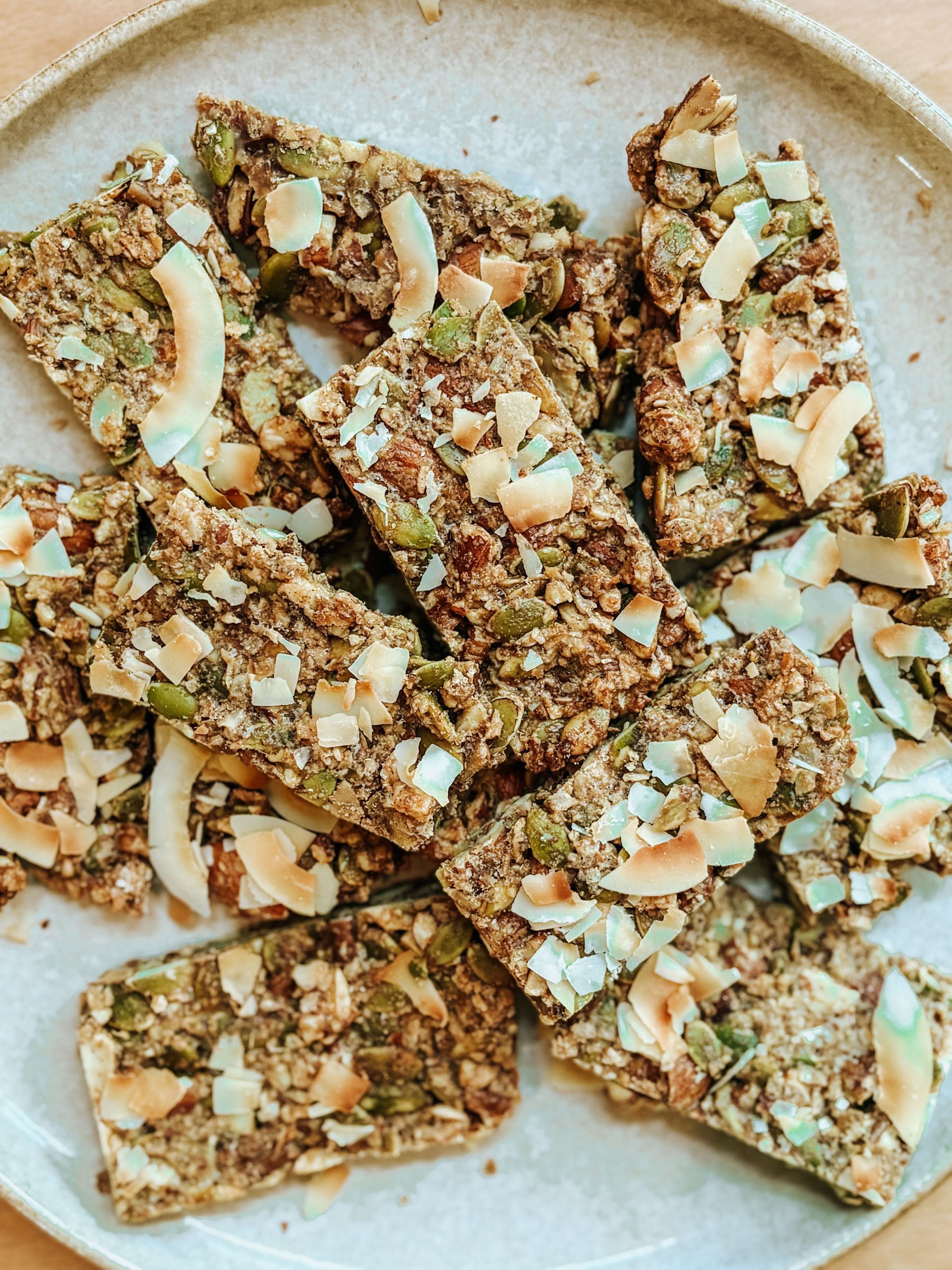7 quick fixes to wake up each day razor sharp and ready to go!
Wake up feeling your very best!

Do you feel like you have a helmet over your head and brain fog every morning? Does it take until lunchtime to feel awake? You're not alone. The good news is that by applying a few simple tips, you can wake up feeling refreshed, rested and ready to go!
Did you know that the majority of your morning fatigue is predominantly coming from your diet. While other factors play a role, what you eat is crucial. Here's how you can change your mornings for the better.
Understanding the role of food.
What you ate yesterday significantly affects how you feel today. Diets high in sugars, carbs, and starches can make you run on glucose (sugar). Your brain is very susceptible to developing something called insulin resistance. This means that your brain doesn't have enough insulin to drive glucose into the neuron cells, effectively starving your brain cells of fuel. The result? Your brain feels tired, foggy, and you lack concentration.
Make the switch from carbs to protein for breakfast
A breakfast high in carbs—think muffins, cereal, toast, pancakes, and sugar—can make you feel sluggish, moody, and grouchy the next day. Instead, try changing your breakfast to a high-protein meal. Protein is part of the Carefree Three (Fibre, Protein and Healthy fat).
This simple switch can make a massive difference. Protein helps stabilise your blood sugar levels, keeping you full longer and reducing the likelihood of energy crashes and sugar cravings. Try things like eggs, salmon, avocado, Greek yoghurt and nuts.
Breaking the cycle of sugar cravings
If you wake up feeling hungry, craving certain foods, or experiencing brain fog, your blood sugars are likely off balance. The worst thing you can do is add more carbs to raise your blood sugar levels temporarily. This only creates a vicious cycle, as more carbs lead to more sugar in your bloodstream, causing your body to resist insulin even more.
Instead, opt for a high-protein and fat breakfast or consider intermittent fasting. Cutting down on carbs during the day can help you feel less hungry in the morning and throughout the day, as your body starts to burn fat for energy instead of sugar.
Waking up stiff can also possibly indicate that something you ate is affecting your liver. To support your liver and overall health, avoid late-night snacking, and aim for an early dinner around 5 PM and reduce the amount of sugars and carbs in your diet.
Tips for waking up refreshed
1. Curb Snacking: Avoid late-night snacks to prevent disruptions in your sleep.
2. Savoury breakfast: Start your day with a high-protein breakfast to keep blood sugar levels stable.
3. Early dinner: Eating dinner early allows your body to digest food before bedtime, promoting better sleep.
4. Strengthen your willpower: Avoid giving in to sugar cravings. The more you resist, the stronger your willpower becomes over time.
5. Screen time: Turn off screens at least 30 minutes before bed and, if possible, turn off Wi-Fi to reduce electromagnetic interference.
6. Exercise: Engage in regular exercise to help flush out adrenaline and stress hormones like cortisol. Physical activities that raise your heart rate can improve sleep quality.
7. Cool environment: Keep your bedroom cool and well-ventilated to enhance sleep.
By incorporating these tips into your daily routine, you can break the cycle of fatigue and wake up feeling energised and ready to take on the day. Remember, sometimes you have to remind your body who's boss. Give your body the nutrition and care it needs to thrive, and you'll notice a significant improvement in your overall energy and happiness.
Let's go!
Ready to wake up feeling energised and refreshed every day? Book your free 20-minute health reset call today and discover how personalised nutrition advice can transform your mornings.
Click here to schedule your call now!
Categories
Blood Glucose
Weight Loss
Energy
Motivation
Success
Let’s talk!
Would you love some more information? Please get in touch, we are always happy to help.











